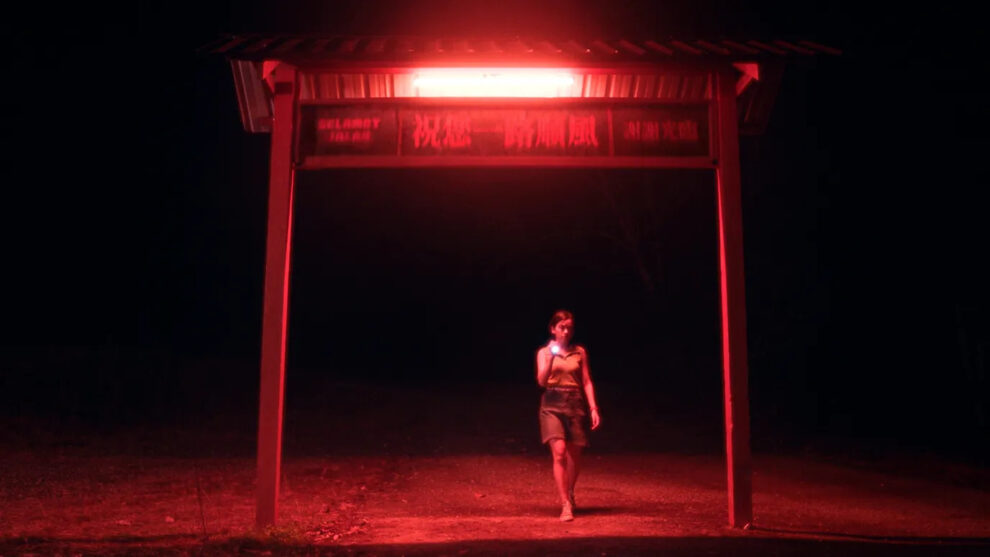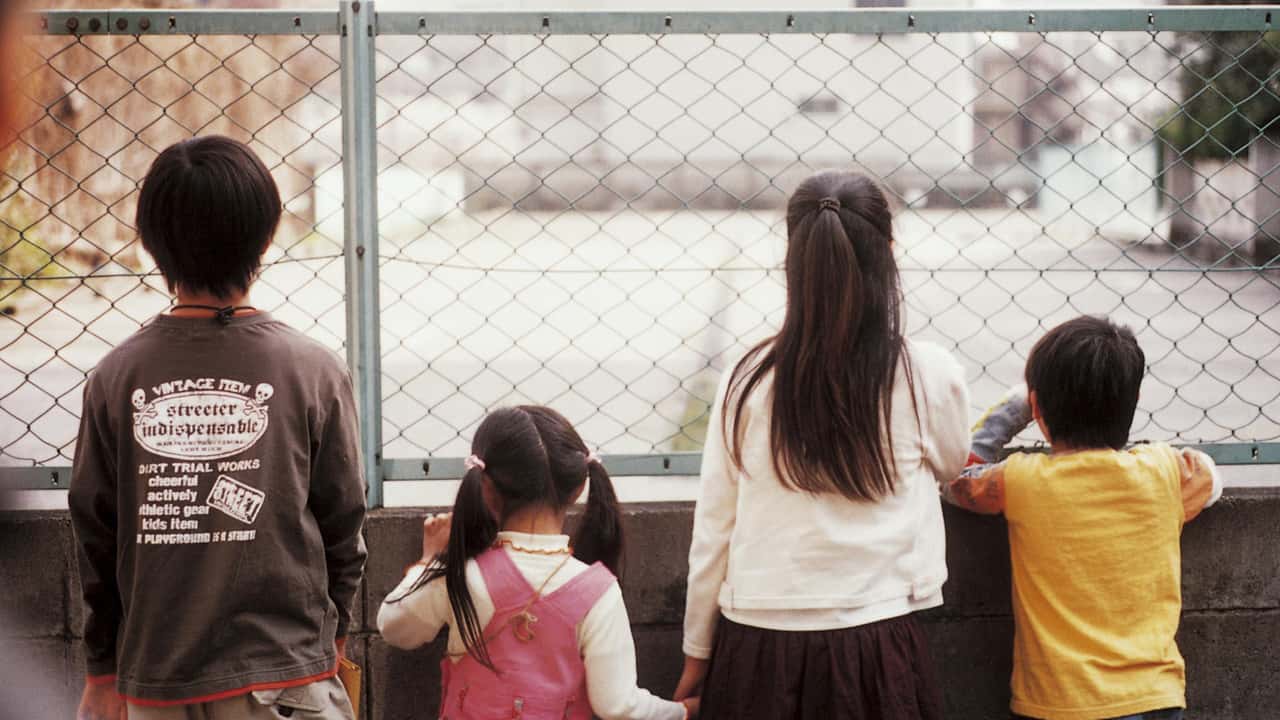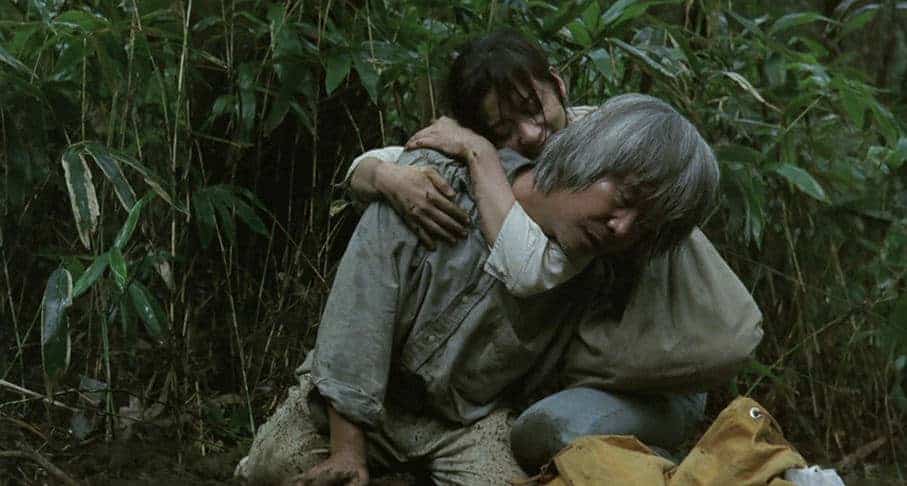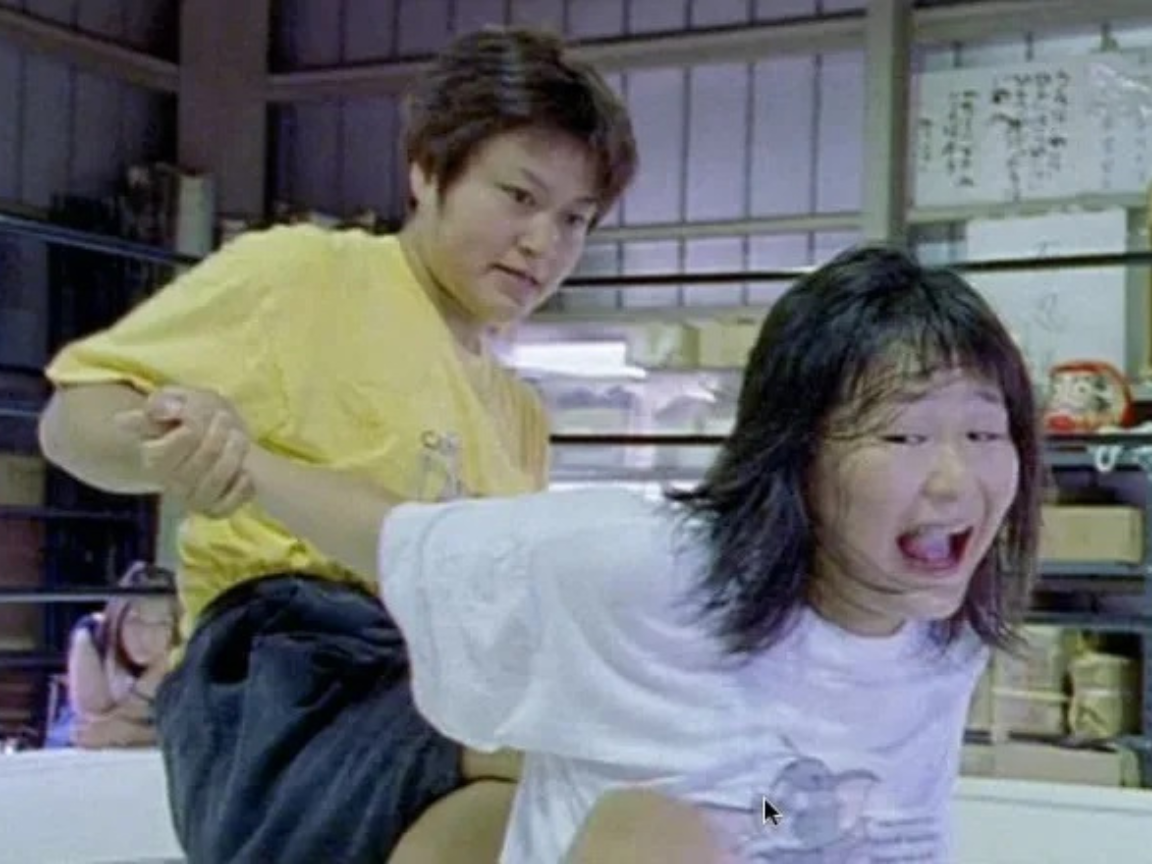In Chinese culture, the fifteenth day of the seventh month in the lunar calendar is called Ghost Day and the seventh month is generally regarded as the Ghost Month, in which ghosts and spirits, including those of deceased ancestors, come out from the lower realm. The particular day is also when the Hungry Ghost Festival takes place. We Jun Cho incorporates the concept within the culturally rich Malaysia, while also making food one of the main ingredients of his film.
Hungry Ghost Diner is screening at International Film Festival Rotterdam

Bonnie, a young woman who is running a food truck named Hungry Ghost Diner in Kuala Lumpur, strives to come to terms with her loss of her mother as much as finding a purpose in her life. The movie begins during the Ghost Festival, while Bonnie is being pressured by Kit, a young man who is trying to bring in culinary entrepreneurships to a new food court, although she does not seem particularly eager to do so. At the same night, her long unseen uncle Ah Kiu turns up in her food truck, reminding his niece of his words to always chase her dreams, as much as that something is wrong with her father. The event leads her to a trip to Behrang, where her family owns a cafe, only to get once more in a huge fight with him. When the sudden lockdown forces her to stay in Behrang, Bonnie realizes that she can see ghosts, as a number of her passed relatives, among other people, turn up during the night, most of them searching for some sort of closure.
We Jun Cho, in his feature debut, shoots a movie that lingers between the family drama, the coming-of-age and the ghost story, while also intensely focusing on food as a concept, with the latter two aspects essentially being the base in order for the other two to unfold. Actually, what Bonnie experiences through the interaction with various ghosts and particularly with her uncle is what makes her realize and acknowledge her legacy. And through that acknowledgement, to both find appreciation for the Chinese culinary traditions and to find a way to come to terms with the death of her mother and to understand where her father's attitude comes from. That this trip, which also leads her to maturity essentially, is presented through the concept of the ghost story and with a generally light approach, emerges as one of the most entertaining aspects of the film.
At the same time, this approach is where one of the most significant issues of the movie arises, with the moving around genres, the lack of impactful drama, the somewhat misplaced comedy and an overall approach that seems to be directed mostly to people familiar with Chinese culture (or even Chinese culture in Malaysia) making the whole thing quite difficult to follow. Some issues with the pacing and the overall structure of the script add to the aforementioned, with the movie featuring many problems particularly during its midsection.
On the other hand, the production values are of a rather high level, with the combination of (neon) lighting, (intensely red) coloring, the implementation of shadows, Robin Nevis's production design and Teck Tan's cinematography resulting in a series of impressive images, mostly appearing during the night in the story. The puppet show aspect also works well in terms of visuals, cementing the prowess in the department.
Keat Yoke Chen as Bonnie is quite pleasant to watch in her inner struggle and the way she copes with what is happening in her life, while her clashes with her father are among the most memorable in the movie, also due to Eric Chen's performance in the role. Sam Chong as Ah Kiu steals the show with his ghostly mentoring ways, while Fabian Loo adds a note of comedy as Kit.
In the end, “Hungry Ghost Diner” is a mixed bag of a film, as it bolsters interesting ideas, excellent visuals and convincing performances but also a number of issues in the script and direction.















